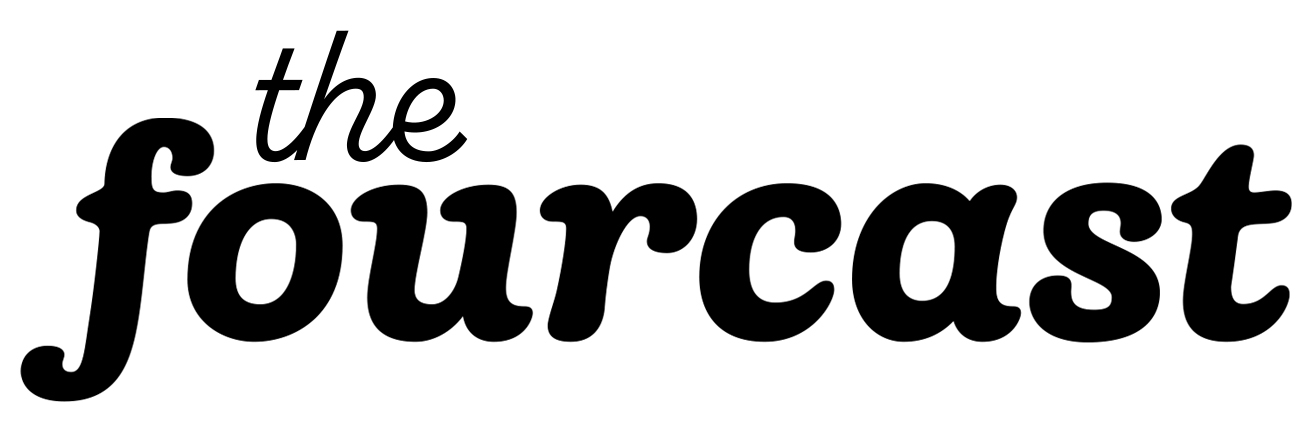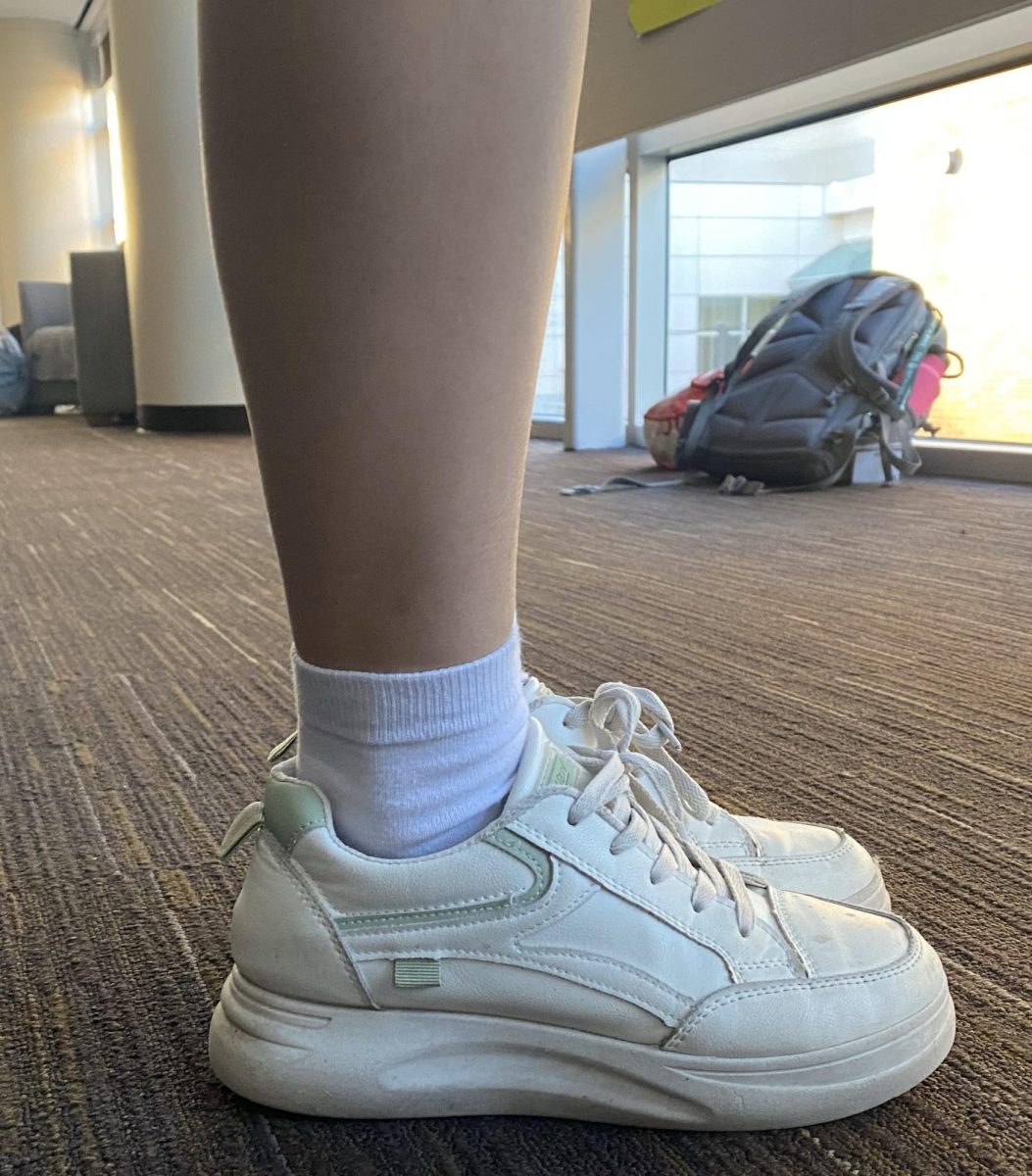Twenty-four hundred SAT score, 4.0 GPA, 36 ACT score, one common app, too many supplements. These numbers are guaranteed to generate immediate stress for any college applicant. But what if the college process was less strict and less number-based?
Some colleges have started seeking out new ways to make the application process more multi-dimensional in order to understand the prospective student behind all of the numbers. Goucher College in Baltimore, Maryland now has the option for prospective students to submit a video, in which they can articulate “Why Goucher?” If students choose to submit the video, it takes the place of the traditional college requirements—including standardized testing and transcript.
Even more lenient, Bennington College in Bennington, Vermont allows applicants to decide what they want to send; high-school transcripts and recommendations are optional. The college asks students to “consider how you wish to demonstrate your academic achievement over time, your writing ability, your contribution to your classrooms and your community and your capacity to make and revise work. Portfolios, research you designed or experiments you engineered, reflective and analytical writing, transcripts, letters of recommendation—all and more are welcome.”
This new approach to college applications, possibly seen as a relief for some applicants, may be viewed as far too relaxed for many—including me. We spend most of our teenage lives in the classroom, studying for standardized tests and writing essays for our various classes. So why shouldn’t these three areas be a part of our applications? Although I can understand the belief that certain schools, such as art schools, shouldn’t require a writing supplement, I believe that writing is a necessary skill regardless of a student’s major/career path. The fact that some schools are beginning to make the writing supplement optional confuses me. Almost all colleges require a freshman writing course for incoming students; wouldn’t the school want to see a student’s writing-proficiency level before placing her into a class?
I also can see how this new approach welcomes a more personal take on the college process and is helpful for those who view their transcripts as not a true reflection of their intelligence. However, I’ve had to write seven supplemental essays, and with each new supplement I was prompted to share something about myself— unrelated to my SAT score or transcript.
There are some admirable qualities of this new application approach, however. In particular, I like the idea of students showcasing their strong suits and intelligence in various areas. College admissions will be able to understand more about the applicant, seeing them as well-rounded rather than just flat on paper. I believe these colleges are conveying that intelligence isn’t limited to transcripts or standardized testing.
Perhaps the existing happy medium between these two extremes is the “holistic approach,” in which no maximum or minimum GPA exists—the admissions look at the applicant as a whole. Much like the holistic approach advocates, I like the addition of the videos or various supplements, but I’m not a proponent of the complete replacing of the traditional requirements.
– Elie MacAdams












